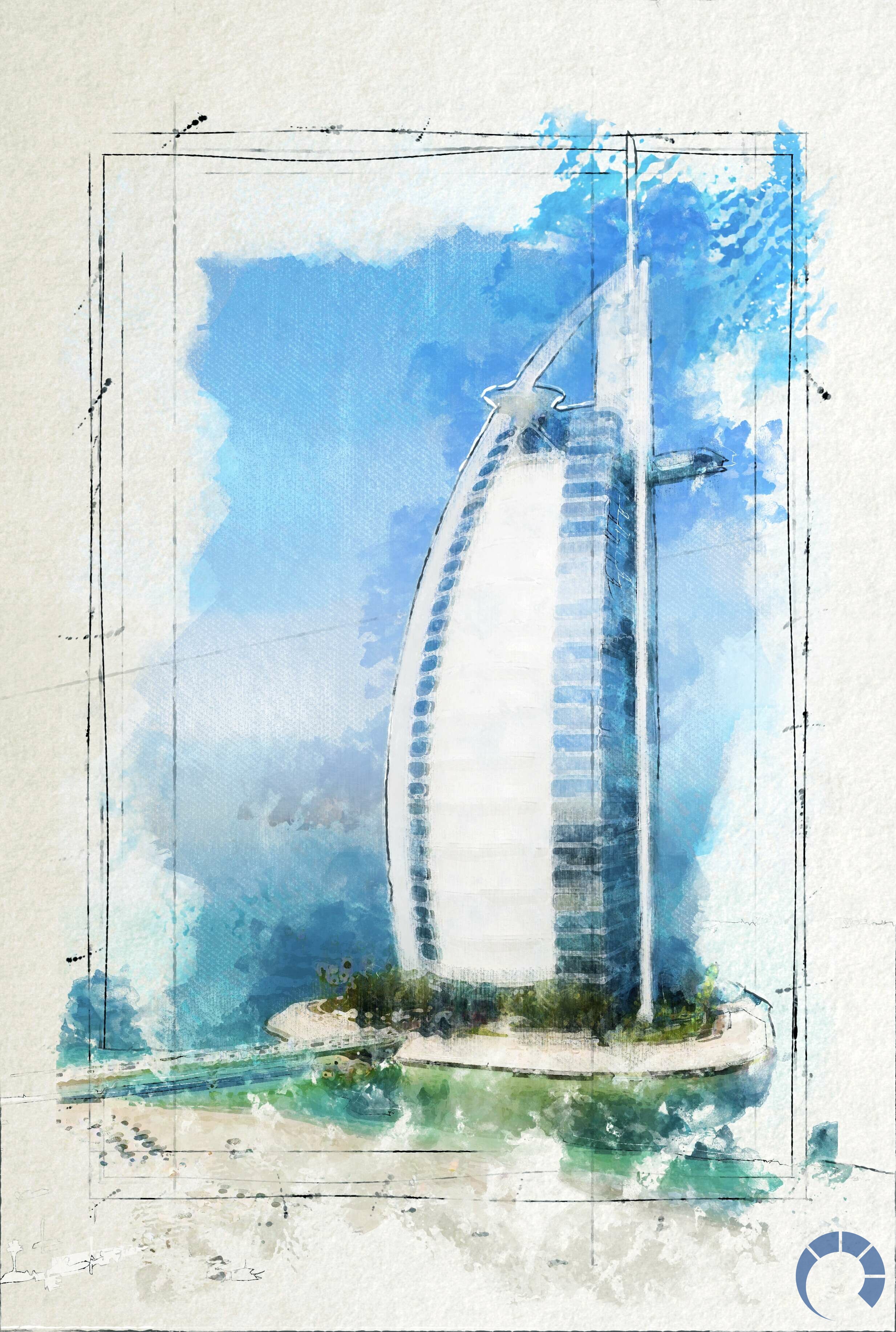
Navigating the Intricacies of Acquiring Property in Dubai as an Expat
Understanding the Legal Framework
Dubai's real estate market operates within a robust legal framework, designed to safeguard the interests of both buyers and sellers. The key piece of legislation is the Real Estate Law No. 7 of 2006: Land Registration Law, which outlines who can own property in Dubai.
Eligibility for Property Ownership
According to the law, UAE and GCC citizens can purchase property anywhere in Dubai. Conversely, expats can only acquire properties in areas designated for foreign property ownership. The types of property ownership for foreigners in Dubai are mainly freehold and leasehold. The differences between these two are primarily the rights conferred to the buyer.
In a leasehold arrangement, you hold property rights for a specified period. On the other hand, freehold ownership grants you complete ownership of the property and the land on which it is built.
The Legal Procedure of Acquiring Property in Dubai
The process of property acquisition in Dubai is relatively straightforward and consists of four primary steps.
1. Drafting a Contract
The first step involves negotiating and outlining the terms of sale with the seller. This process can be done without the assistance of a real estate agent or a lawyer. However, a reputable real estate agency like PHOREE Real Estate can handle the subsequent stages, ensuring a smooth transaction.
2. Signing the Sales Agreement
The next step involves signing the sales agreement, also known as the Memorandum of Understanding (MOU). The buyer and seller must sign this contract before a witness, usually the agent, at the Registration Trustee's office. The buyer also needs to pay a standard 10% security deposit on the property to the Registration Trustee.
3. Application for No Objection Certificate
The buyer, seller, and real estate agent then meet at the developer's office to apply and pay for a No Objection Certificate (NOC) to transfer ownership. The developer will issue the NOC only if there are no outstanding service charges on the property.
4. Completion of Ownership Transfer with DLD
The final step is meeting the seller at the Dubai Land Department office for the transfer to become effective. For this process, you must have the original identification documents of the buyer and seller, the original NOC issued by the developer, and the signed Contract F (MOU). Once the formalities are completed, a new title deed will be issued in your name, and you will officially become a property owner in Dubai.
Common Queries about Buying Property in Dubai
How long does the process take?
The process of buying a house in Dubai can take between two to ten weeks. The timeframe can extend if the property is already mortgaged or purchased on a mortgage.
What are the administrative costs?
The administrative costs of buying property in Dubai include Dubai Land Department fees, Property Registration Fee, Fees for issuing the Title Deed, and the agent's fee.
How does buying property on a mortgage work?
If you're buying property on a mortgage, you need to get pre-approval on a mortgage before signing the sale agreement. Approval on the mortgage from the DLD is also required before applying for the NOC.
What if the seller has an existing mortgage on the property?
If the owner is selling a mortgaged property in Dubai, the buyer must settle the original mortgage on the property in full before applying for the NOC.
Can non-resident foreigners buy properties in Dubai?
Non-resident foreign property ownership in Dubai is allowed, given certain conditions. Residents and non-resident foreigners can only buy properties in the designated freehold areas in Dubai.
Exploring the Various Types of Properties in Dubai
Dubai's real estate market boasts a rich blend of properties that cater to varying tastes and budgets. As a foreigner, you can purchase three types of residential homes in Dubai, each with unique advantages and considerations.
Freehold Properties
Freehold properties are attractive to foreign investors as they offer unrestricted ownership rights. The owner can rent, sell, or inherit the property if necessary.
Commonhold Properties
Commonhold properties mainly refer to condominiums, apartments, and non-residential units of a building. The owners are responsible for the care of the property as well as the use of common utilities.
Usufruct Properties
Usufruct properties are long-term investment leases where the occupant has no authority to alter or transform the property in any way. A lease for usufruct properties can last up to 100 years.
Determining Your Purpose for Buying Property in Dubai
Before purchasing property in Dubai, it's essential to identify whether the property will be used for investment or personal purposes.
Buying Property for Investment
The real estate market in the United Arab Emirates is flourishing, and owning a property in Dubai has various advantages, including high rental yield and a high market capitalization.
Buying Property for Personal Use
With relaxed property ownership restrictions, more individuals working in Dubai or running a business are increasingly inclined to own rather than rent their own residence.
Critical Factors to Consider Before Purchasing Property in Dubai
Before diving into the property market, it's crucial to consider several key factors to ensure a worthwhile investment.
Location
Location is one of the most critical factors to consider when purchasing real estate in Dubai.
Market Research
Undertaking a thorough market research can help you get a good price on a Dubai apartment.
Tenure
Consider how long you plan to stay in the UAE before investing in real estate in Dubai.
Affordability
Affordability is a critical factor when purchasing real estate anywhere in the world.
Rental Yields
If you are thinking of renting out your Dubai house, consider the financial returns.
Residence Visa
Property worth at least AED 1 million in the UAE can help you obtain a resident visa.
The Associated Costs of Purchasing Real Estate in Dubai
When buying property in Dubai, it's important to be aware of all the associated costs to ensure you have accurately set your budget.
Purchasing Property in Dubai through Real Estate Developers
When purchasing property, it's essential to research the property developer and ensure they have a good reputation.
Mortgage Financing & Home Loan Options in Dubai
In the UAE, there are a variety of mortgage financing options from various banks and financial institutions.
The Expanding Horizons for Foreign Property Ownership in the UAE
While Dubai remains a popular choice for property investment, other emirates like Abu Dhabi and Sharjah have also opened their doors to foreign property ownership, presenting more options for expatriates.
Concluding Remarks
Navigating the intricacies of purchasing property in Dubai as an expat can be challenging. However, armed with the right information and support from a dedicated real estate agency like PHOREE Real Estate, you can make informed decisions and reap the rewards of your investment.
Related posts:
Discover PHOREE Real Estate, led by Munawar Abadullah with 30 years of American Wall Street expertise, and learn how our AI-driven insights empower smart investments in Dubai's hotel and real estate markets. PHOREE Real Estate, Munawar Abadullah, hotel investment, Dubai...
Discover the consequences for developers in Dubai who fail to meet handover dates and learn the legal actions buyers can take. This comprehensive guide covers penalties, compensation claims, regulatory intervention, and the steps to take before filing a legal complaint....

